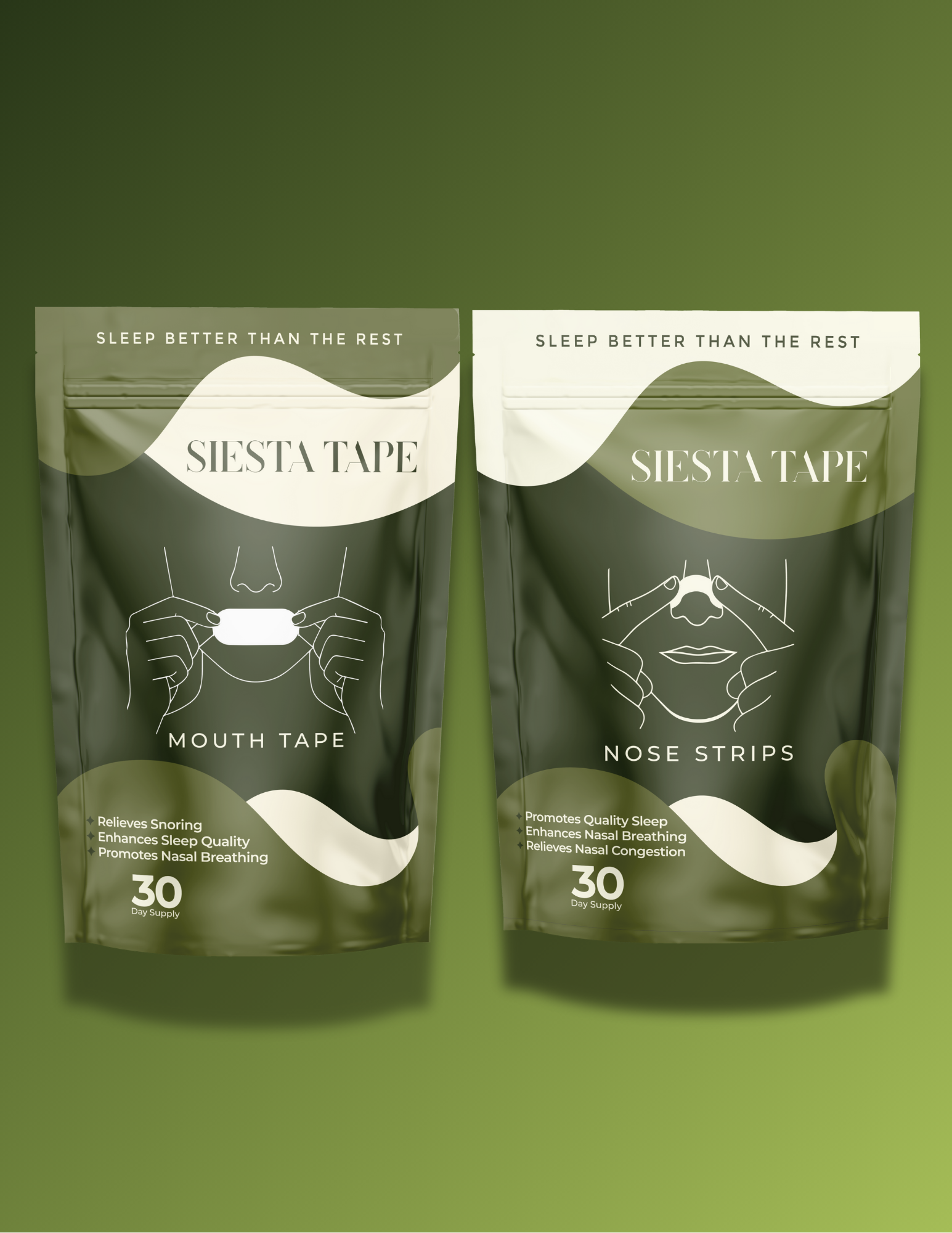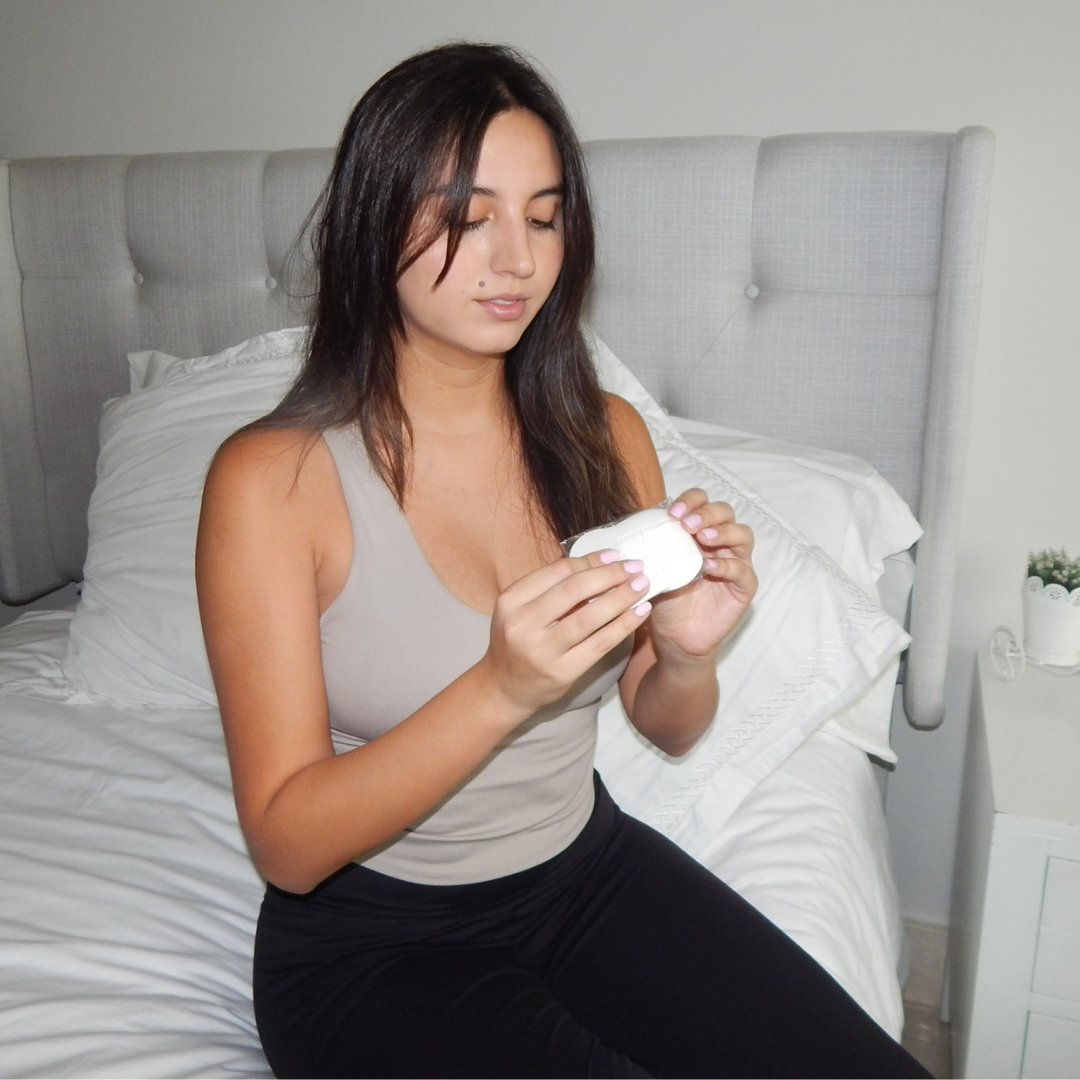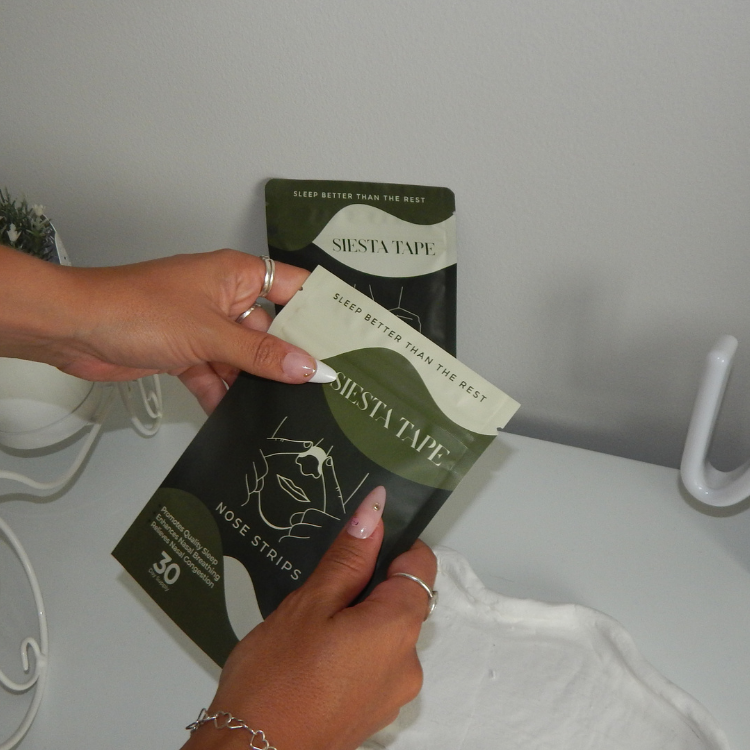Why Breathing through your nose works
There is no magic behind taping, but there is magic to breathing through your nose like your supposed to
Benefits of Nose Breathing
Reduces Snoring for Deeper Sleep
Breathing through your nose instead of your mouth helps prevent snoring, allowing you (and your partner) to enjoy longer, deeper, and more restorative sleep every night. Nasal breathing reduces the tendency for airway collapse and supports more stable airflow during sleep.
https://my.clevelandclinic.org/health/diseases/22734-mouth-breathing?
Lowers Risk of Infections & Allergies
Inside your nose are microscopic hairs called cilia that act as a natural air filter. They trap bacteria, dust, and allergens before they reach your throat or lungs, helping prevent infections and allergic reactions. Nasal breathing also helps moisten, warm, and condition the air, which reduces irritation and pathogen entry.
https://www.gaiam.com/blogs/discover/breathing-is-believing-the-importance-of-nasal-breathing?
Improves Oral Health
Mouth breathing or snoring while sleeping reduces saliva production, leading to dryness in the mouth. A dry mouth is one of the main causes of bad breath and cavities. By keeping your mouth closed and promoting nasal breathing, Siesta Tape helps your body naturally produce the saliva needed to kill bacteria and clean leftover food particles, keeping your teeth cleaner, stronger, and whiter.
https://pmc.ncbi.nlm.nih.gov/articles/PMC6986941/
https://www.ada.org/resources/ada-library/oral-health-topics/xerostomia?
Boosts Nitric Oxide Production
Nasal breathing produces up to six times more nitric oxide than mouth breathing. This molecule improves blood flow, enhances cardiovascular health, and boosts oxygen delivery to your muscles improving endurance and speeding up post-workout recovery. Nitric oxide also strengthens your immune system and helps reduce inflammation linked to gut issues, headaches, and fatigue.
Regulates Nervous System
Slow, deep nasal breathing activates the vagus nerve, helping your body shift from stress mode to a state of calm and balance. It naturally lowers your heart rate, reduces cortisol levels, and promotes overall relaxation and well-being.
https://www.frontiersin.org/journals/human-neuroscience/articles/10.3389/fnhum.2018.00397/full?
Improved Facial Structure & Jawline Definition
Consistent nasal breathing supports proper tongue posture and jaw alignment, helping the face develop naturally with balanced proportions. Mouth breathing, on the other hand, can lead to facial elongation, a weaker jawline, and misaligned teeth over time.
Reduces Risk of Sleep Apnea
By promoting steady nasal airflow and reducing the tendency for the airway to collapse, nasal breathing can help lessen symptoms of mild sleep apnea — supporting uninterrupted sleep and better oxygen exchange through the night.
More Restorative REM Sleep
When breathing remains calm and nasal throughout the night, the body can enter and maintain REM sleep more efficiently. This stage of sleep is crucial for learning, emotional processing, and full recovery — helping you wake up sharp and recharged.
Sharpens Focus and Mental Clarity
Nasal breathing increases oxygen supply to the brain, which enhances focus, concentration, and cognitive performance. Whether you’re working, studying, or competing, better breathing supports sustained attention and mental energy.
Improved Mood and Emotional Balance
Deep nasal breathing stabilizes oxygen and carbon dioxide levels in the body, which helps regulate the nervous system and emotional response. This leads to a calmer mood, reduced anxiety, and a more balanced state of mind.
Improves Oxygen Flow and Efficiency
Nasal breathing slows down your breathing rate and allows air to stay longer in the lungs, improving oxygen absorption and carbon dioxide balance. The result? More efficient oxygen delivery throughout your body — fueling endurance, recovery, and overall vitality.

Let’s Build Better Sleep Together
@Siestatape








